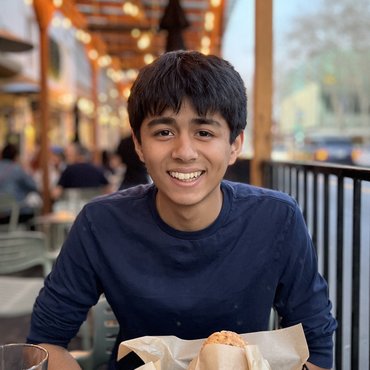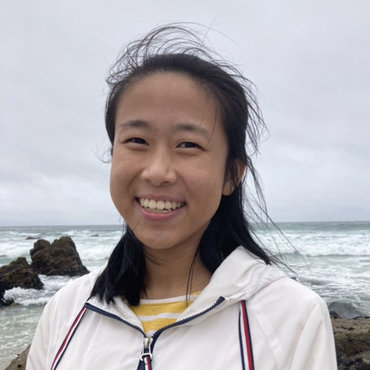
June Lee, '21
Policymaking by empathy: Interning at the State Department
It's 8:10am when I walk into the office, my blouse lightly dampened by my walk under the merciless Washington, D.C. sun. As I head to my cubicle, I hear snatches of conversations on the humanitarian crisis in Yemen and the current status of peacekeeping in Mali. I can't help but feel a secret thrill to be working alongside individuals on issues I'd only ever read about and studied in classes.
Interning at the U.S. State Department's Bureau of Conflict Stabilization Operations was, academically, one of the most enriching experiences I've had. Through weekly meetings, I gained exposure to the incredible breadth of concerns incorporated into the United States' conflict stabilization efforts, from the role of women in peace processes, to the importance of intra-group cohesion in negotiations, to the efficacy of interventions by nonprofits and other third parties. No matter what project I was working on, it was fascinating to realize that here, my efforts could have a direct application for policy. Translating an article evaluating violence reduction in Colombia could directly inform the bureau's engagement with partner organizations on the ground. Similarly, developing a digital framework on Excel depicting election violence indicators could help the bureau allocate funding and resources quickly to mitigate the risks of political violence. Over time, I also gained familiarity with the inter-agency process and overlapping departmental structures responsible for developing and implementing U.S. foreign policy.
Yet the most valuable thing I learned from my internship was the incredible depth of empathy it takes to work as a public servant in the State Department. The individuals I encountered worked on projects that directly affected the welfare of communities in countries emerging from conflict, and they were constantly thinking about the communities they were seeking to support. This mindset translated to all aspects of their work. My main supervisor related how, while serving as a foreign service officer in New Delhi, he would often bike to work with a camera, and offer to take pictures of people on the street. Their surprise and joy upon receiving a picture of themselves led to his receiving a flurry of texts and blessings every holiday. Another director, frustrated with the United States' failure to address the humanitarian crisis in Syria, was motivated to resign and work for a nonprofit focused on human rights advocacy for Syrians and other refugees. And, during my daily commute, another officer explained how he had worked in Afghanistan for 18 years, an experience he spoke of with a hint of sadness but also admiration for the resilience of the Afghan people.
Since my internship, I've been determined to embrace this mindset. As a director of Stanford in Government and a peer advisor in international relations, I've sought to encourage more students to pursue careers in policy and public service. And, while working on my senior thesis, I am committed to developing a research paper that can be beneficial to policymakers and useful in advancing the United States' efforts in conflict resolution.


